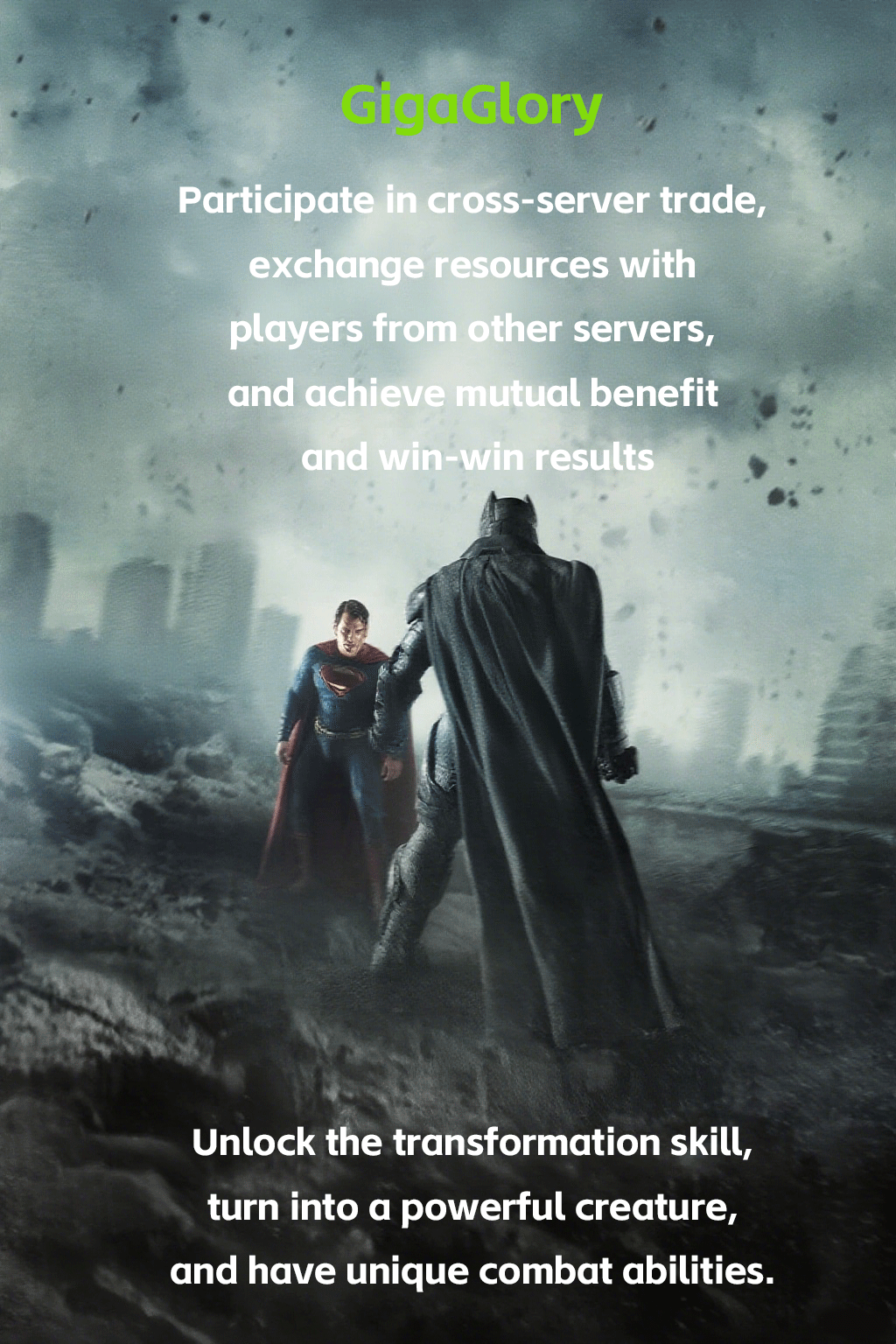Mastering the Art of Strategy: How Simulation Games Enhance Strategic Thinking
In today’s fast-paced world, understanding how to navigate challenges strategically is essential. Yet, many people still struggle with developing effective strategic thinking skills. This is where simulation games come into play. These games offer players a dynamic environment where they can experiment with risk-taking and decision-making. In this article, we will dive into how simulation games can enhance strategic thinking, with a detailed focus on popular titles such as Kingdom Come: Deliverance.
What Are Simulation Games?
Simulation games are designed to mimic real-life scenarios. This category of games can vary widely, from simple time management games to complex war strategy games. Players are usually charged with managing resources, developing plans, or competing against opponents in a realistic setting. These games not only entertain but also educate and prepare players for real-life decisions.
Why Strategy Matters
Strategic thinking is about evaluating options and making informed decisions. In competitive environments, being strategic can mean the difference between failure and success. Simulation games push players to think critically, examine multiple outcomes, and adapt their strategies on the fly.
The Benefits of Playing Strategy Games
- Cognitive Development: Engaging with simulation games fosters critical thinking and problem-solving skills.
- Improved Decision-Making: Players learn to make decisions based on limited information and risk assessment.
- Learning from Mistakes: Failure in games allows players to analyze what went wrong and improve future strategies.
- Enhanced Collaboration: Many strategy games require teamwork, which helps build communication skills.
How Simulation Games Enhance Strategic Thinking
Through gameplay, players encounter numerous challenges that require strategy. Here’s how simulation games contribute to strategic thinking:
1. Realistic Scenarios
Games like Kingdom Come: Deliverance offer authentic medieval settings that require players to consider historical contexts in their strategic planning. This realism helps players understand the nuances of strategy in a tangible way.
2. Diverse Strategies to Explore
No single approach guarantees success in simulation games. Players must explore various strategies, allowing them to think creatively about problem-solving.
3. Stress Management
In many real-life situations, decisions are made under pressure. Simulation games offer similar stress, teaching players how to manage anxiety while making critical choices.
4. Understanding Consequences
Each decision in a simulation game carries consequences, much like in real life. Players learn that thoughtful decision-making can lead to better outcomes, while impulsive actions can result in setbacks.
Top Simulation Games to Consider
| Game Title | Platform | Key Features |
|---|---|---|
| Kingdom Come: Deliverance | PC, PS4, Xbox One | Historical accuracy, immersive story, RPG elements |
| Civilization VI | PC, iOS, PS4, Xbox One, Switch | Turn-based strategy, empire building, multi-player mode |
| The Sims 4 | PC, PS4, Xbox One | Life simulation, character customization, storytelling |
How to Get Started with Simulation Games
If you’re new to simulation games, here are some quick steps to jump in:
- Choose a game that interests you, starting with beginner-friendly options.
- Familiarize yourself with game mechanics through tutorials or guides.
- Play with friends to enhance the experience and encourage collaborative strategies.
- Reflect on your gameplay—what strategies worked? What didn’t?
Common Misconceptions About Simulation Games
There are several myths surrounding simulation games. Let’s address a few:
- They are just for fun: While entertaining, simulation games provide serious learning experiences.
- Only for gamers: Anyone can benefit from simulation games, regardless of prior gaming experience.
- They require extensive time investment: Many games offer short sessions that fit into busy schedules.
Case Study: Strategic Thinking in Kingdom Come: Deliverance
This game specifically emphasizes strategic thinking through its plot and mechanics. Players are tasked with navigating through political intrigue, resource management, and combat strategy. The depth of character development and choices in Kingdom Come: Deliverance exemplifies how simulation games can foster strategic skills.
Conclusion: Simulation Games as Pathways to Enhanced Strategy
In conclusion, simulation games serve as a powerful tool for enhancing strategic thinking. They combine entertainment with education, allowing players to engage in complex decision-making processes. With games like Kingdom Come: Deliverance offering immersive experiences, players can walk away not just having had fun, but having developed essential strategic skills that are applicable in real life. By incorporating these types of games into your routine, you not only entertain yourself but also equip yourself with the ability to tackle life's challenges more effectively.



